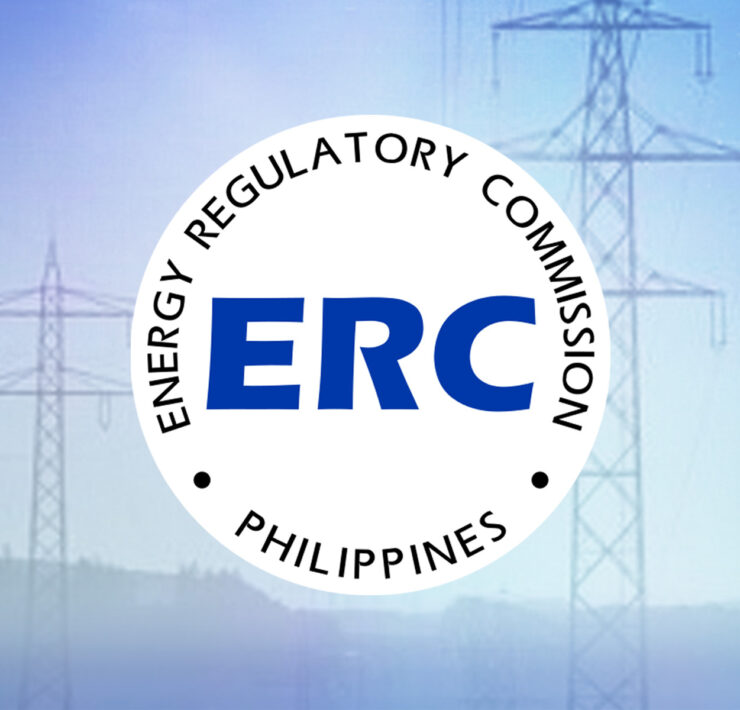Meralco redeals with ACEN, San Miguel units cleared

The Energy Regulatory Commission (ERC) partially cleared the power supply deal inked by Manila Electric Co. (Meralco) with two renewable energy providers.
In a document issued last week, the commission said it had decided to provide provisional authority to Gigasol3, Inc., a unit of Ayala-led ACEN Corp.
The power distributor’s deal with San Roque Hydro Power, Inc. (SRHI) of Miguel Global Power Holdings Corp. also secured the go-signal of the ERC.
According to the ERC, the approved rate is at P5.1908 per kilowatt hour (kWh) for both deals, noting the rates are “without escalation or adjustment.”
In July, Meralco received the best bids from Gigasol3, SRHI and Santa Cruz Solar Energy, Inc., another subsidiary of ACEN, through its competitive selection process for 500 megawatts (MW) of clean energy supply.
However, the approved rates were lower than Gigasol3’s P8.1819 per kWh for 139 MW of the required capacity.
San Miguel’s SRHI offered rate was also higher at P7.10 per kWh for the bulk of 340 MW of the supply requirement.
Despite these, Meralco noted that all bids remained below the reserve price set for the auction. The government requires distribution firms to choose generation companies with the cheapest proposal.
Meralco said the deals would last for 10 years, covering its 350-MW mid-merit requirement starting February 2025. This would eventually increase by 150 MW in February 2026.
“As a highly regulated entity, Meralco has conducted its business in full compliance with the rules and regulations issued by the ERC and DOE,” Meralco Bids and Awards Committee for Power Supply Agreements chair Larry Fernandez earlier said.
As of July, Meralco already tapped 1,880 MW of renewable energy capacity from several suppliers.
By 2030, the Pangilinan-led firm hopes that clean energy will account for 22 percent of its supply.
The Marcos administration is also boosting efforts to attract more investments in the renewable market as it targets to increase its contribution to the power generation mix to 35 percent by 2030, from the current 22 percent.





















